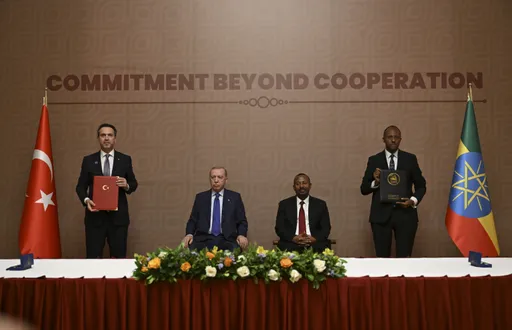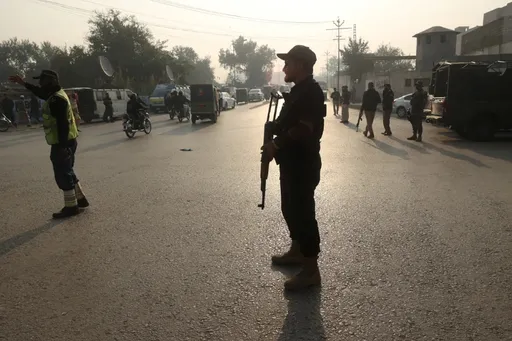At least 24 people – including two pregnant women – were killed in tribal fighting in Papua New Guinea's lawless highlands, prompting the prime minister on Wednesday to promise swift justice.
Local officials said at least 24 people had been killed in Hela province, a rugged region in the west of the country, in a three-day spasm of violence between rival tribes.
"Twenty-four people are confirmed dead, killed in three days, but could be more today," Hela provincial administrator William Bando said on Wednesday.
"We are still waiting for today's brief from our officials on the ground."
Highland clans have fought each other in Papua New Guinea for centuries, but an influx of automatic weapons has made clashes more deadly and escalated the cycle of violence.
Highlanders say more and more outsiders are now involved in violent incidents – including roving mercenaries and arms dealers willing to work for cash, pigs or the kidnap of women.
Bando has called for at least 100 police to be deployed to reinforce some 40 local officers.
Hacked and shot
Details are still emerging but according to eyewitnesses and local media, six people returning from a ceremony were ambushed and killed on July 6.
The next day gunmen entered Karida village in central Hela province and killed 18 people, shooting and hacking them to death.
Graphic images of the aftermath showed corpses bundled up in mosquito nets and small children with severe head wounds.
In the Karida attack, fighters are said to have hacked and shot six women and eight children – as well as two pregnant women – in a 30-minute rampage.
Local health worker Pills Kolo said it was hard to recognise some of the body parts and posted images of remains bundled together using mosquito nets as makeshift body bags.
Images provided by local police showed the corpses of two children of school age, one with severe head injuries.
Local media reported the attack appeared to be in retaliation for the ambush and murder for six people the day before.
PM vows to beef up security
The incident has shocked both the country and recently appointed Prime Minister James Marape, whose constituency includes the district where the killings occurred.
He vowed more security deployments and warned the perpetrators "your time is up".
"Today is one of the saddest days of my life," he said in a statement.
"Many children and mothers innocently murdered in Munima and Karida villages of my electorate."
"Gun-toting criminals, your time is up," Marape said. "Learn from what I will do to criminals who killed innocent people, I am not afraid to use the strongest measures in law on you."
He noted that the death penalty was "already a law".
It is not clear what prompted the attack, but many fights are fuelled by old rivalries prompted by rape or theft, or disputes over tribal boundaries.
In nearby Enga province, a similar surge in violence prompted the establishment of a makeshift military garrison and the deployment of a company of around 100 government soldiers under the command of a Sandhurst-trained major.
Marape has not yet provided details of the security deployments but appeared exasperated by the current resources available.
"How can a province of 400,000 people function with policing law and order with under 60 policemen, and occasional operational military and police that does no more than band-aid maintenance," he said.























